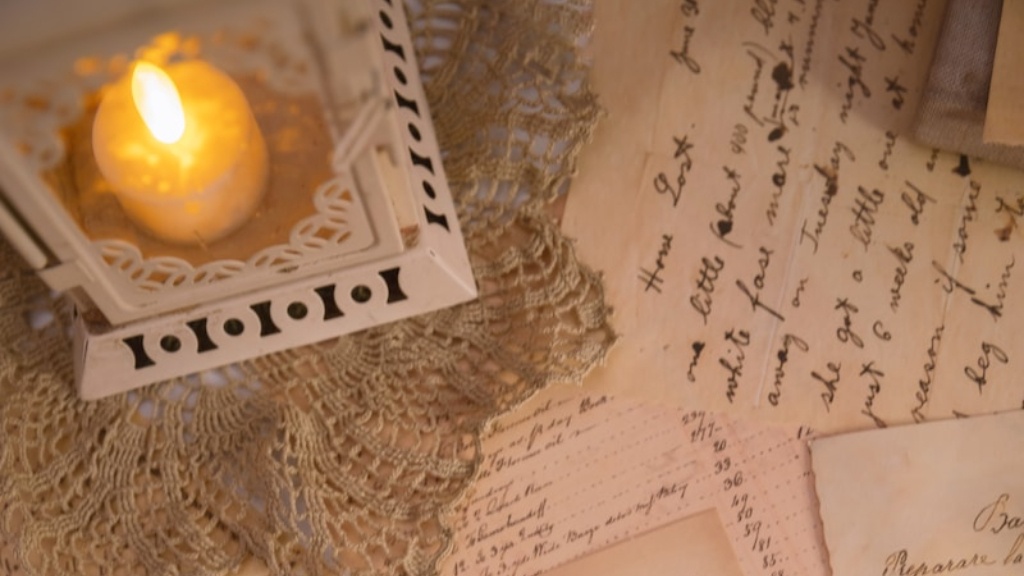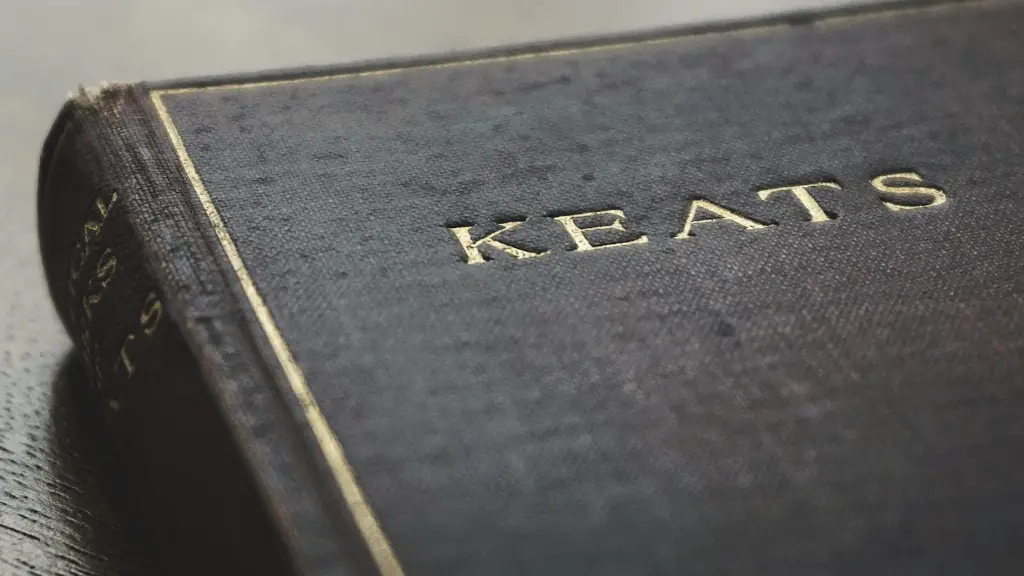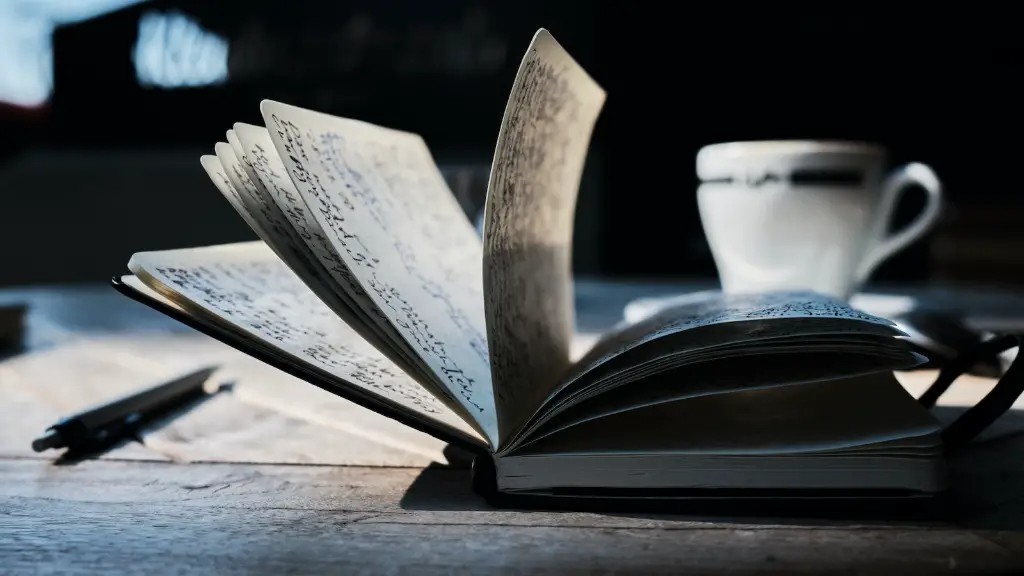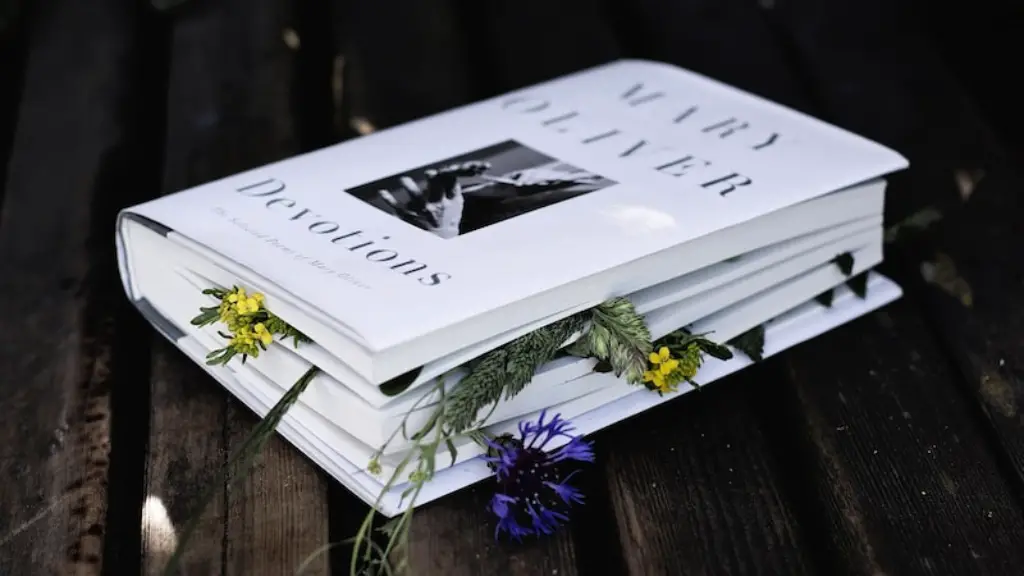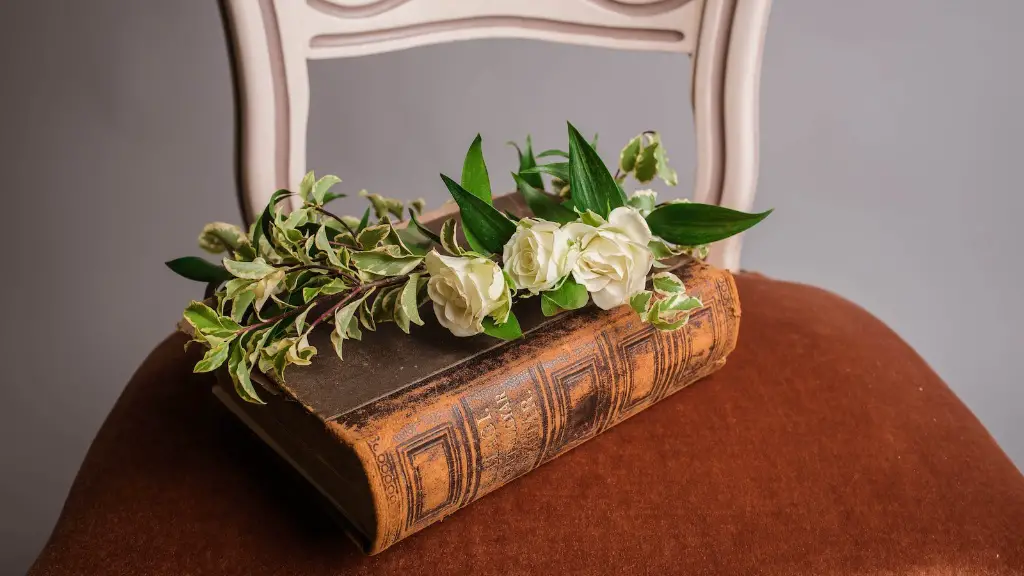Poetry has been a source of culture and inspiration for centuries, and today it continues to be a key component of life. Many people see it as a powerful way to express emotion, to communicate ideas, and to make sense of the world around them. But how can poetry be used in a more practical and tangible way?
Poetry can be a creative outlet and a therapeutic tool. Practicing creative writing can help us to better express our emotions, reflect on our experiences, and develop a deeper understanding of ourselves. Poetry gives us a way to express ourselves and open up conversations with others about our struggles and joys. Reading and writing poetry can also be a great way to reduce stress and anxiety, or to combat depression or loneliness. A poem can provide a space for us to explore and process our feelings.
Many schools use poetry as a way to teach literacy skills. Poetry reinforces the basics of reading, writing, and sound recognition. Poems can engage students of all ages and help them to understand the power of language and expression. It also adds fun and creativity to lessons on grammar and literature.
Poetry can also be used to bring people together. Gatherings like open mic events, poetry slams, and spoken word performances are all ways of celebrating this art form and connecting with others who share the same passion. These events create safe spaces for the participants to express themselves and learn from one another.
For those who already have a strong appreciation for poetry, there are plenty of opportunities to get involved and make a positive impact in their community. Organizations like Poetry Out Loud and Poets for Change are continually working to promote the art of poetry and support young poets and readers. There are also many competitions, funding programs, and publications that give individuals the opportunity to show off their skills, get feedback from their peers, and reach a wider audience.
Education
Poetry can be used as a form of education. Many people use poetry to explore past and present history, educate readers about current events, and celebrate different cultures and traditions. Art, music, and literature are often utilized as tools to learn about history, politics, philosophy, and more. Poetry is a powerful way to bring these stories to life, and to spark conversations among readers.
By paying attention to the language, cadence, and structure of poetry, readers develop a deeper understanding of the time and context in which it was created. Engaging with poetry can help readers expand their critical thinking and analytical skills. It encourages an appreciation of literature, cultural studies, and the power of language.
Poetry is also a great resource for teachers and students. It provides vast opportunity to explore themes, ideas, and topics. Students can use poetry as a medium to engage with their peers, explore social issues, and develop their creativity. Educators can use it to demonstrate the elements of writing, kickoff discussions about difficult texts, and connect themes between writers.
Activities
There are so many activities that involve poetry. Writing poetry is an excellent activity for those who want to practice writing skills, or for those who simply want to express their emotions. Many organizations also hold workshops or competitions for individuals to discuss, share, and display their writing. Poetry readings are another great way to learn about new poets and appreciate their work.
For those who want to get involved in poetry, they can join a book club, volunteer with a poetry organization, or go to a poetry slam. Attending poetry events can give individuals the chance to discover new works, explore their own writing, and network with other poets. It’s also a great way of getting feedback and learning from others.
Poetry activities don’t have to be confined to just writing, discussing, and reading poetry. Poetry can also be an important part of storytelling, particularly in spoken word performances. It can be used as a tool to teach, explore, and celebrate different cultures, as well as to discuss important issues. In addition, it can be used as a form of entertainment. Many people enjoy poetry as a relaxing activity or simply for its beauty.
Visuals
Visual art and poetry can be combined to create a unique form of expression. Visuals help to bring the message of the poem to life and can provide new ways to interpret the words. Visuals can also create a certain emotion, which can make the poem more powerful and impactful.
Using visuals with poetry can be a great way for aspiring writers to communicate their ideas for readers and listeners. Visuals can be combined with the words to create a complete, cohesive work of art. By combining visuals with poetry, writers can create a layered experience, making it more enjoyable and accessible to a wider range of audiences.
Using visuals with poetry can also be a great way for readers to better understand and engage with the poem. Visuals can be used to convey a message or meaning that words alone cannot. As a result, readers can gain a better understanding and appreciation of the poem.
Applications
Poetry can be used in many different applications, from writing and performance to teaching and healing. Its ability to evoke emotion and convey ideas is an important tool for communication.
Its creative and versatile form also makes it a powerful medium for expressing thoughts and feelings and bringing people together. Poetry can be used to create conversations, educate, entertain, and inspire readers.
Poetry is a great way to explore ideas, express our emotions, and connect with others. It can be a powerful tool for understanding, self-expression, and creating a deeper understanding of the world around us. With so many ways to engage with poetry, there’s no limit to the possibilities and potential impact of this art form.
